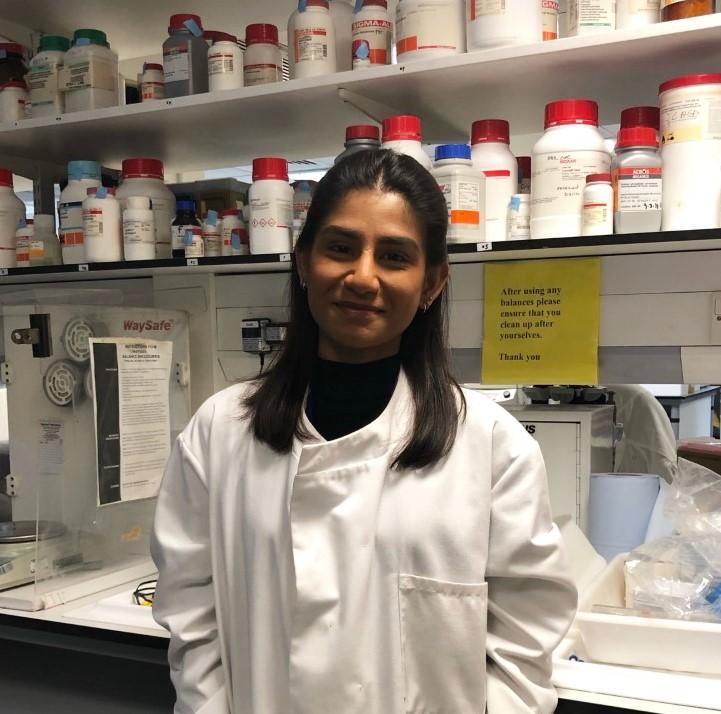Life as a Researcher- Lavanya Sivapalan

I am a PhD student at BCI, in Professor Claude Chelala's group.
I love living and working in London and this was a big part of my decision to pursue my postgraduate studies here. The collaborative atmosphere at BCI is great and it’s nice to know there will always be someone around to help with troubleshooting a problem in the lab or during data analysis. The range of different research projects undertaken here also promotes a great environment for collaborations between departments. This provides regular opportunities to attend talks and seminars on a diverse range of research topics. As a PhD student, it is refreshing to be able to hear about recent developments in areas of research that are outside of your specific project.
Current research
Before joining the BCI, I was studying at the University of Liverpool, where I completed my undergraduate and MRes degrees in Biomedical Sciences and Translational Medicine. During this time, I started working on pancreatic cancer as part of several biomarker discovery projects aimed at early detection.
This training has fit in well with my current CRUK-funded PhD project at the BCI, where I am studying liquid biopsies in pancreatic cancer. More specifically, I am analysing fragments of circulating tumour DNA (ctDNA) within patient blood samples as a tool to non-invasively monitor tumour progression and response to treatment over time. My project is supervised by Professor Claude Chelala and Professor Hemant Kocher.
Highlights
During my time at the BCI, I have been fortunate enough to be involved in a number of research engagement opportunities. Inspiring future generations of scientists and working with incredible patients and supporters of our work has really given me a wider perspective on the importance and value of cancer research. During my PhD studies, I have also learnt a wide range of techniques and bioinformatics skills, which I will carry forward throughout my future career.
Low points
As with any PhD, I have experienced my fair share of unsuccessful experiments. This includes spending almost a year trying to optimise parameters to detect low frequency ctDNA mutations in plasma samples.
I wish I'd known...
I wish I’d known how long it can take to organise and coordinate large genomic sequencing experiments. It can be frustrating when you encounter delays or when things don’t initially go to plan, but managing experimental setups and working through problems are all part of the learning experience during a PhD.
Future plans
I have really enjoyed working on liquid biopsies during my PhD and would love to stay in academia. Other science-led careers also appeal to me so I am trying to keep my options open for now!
